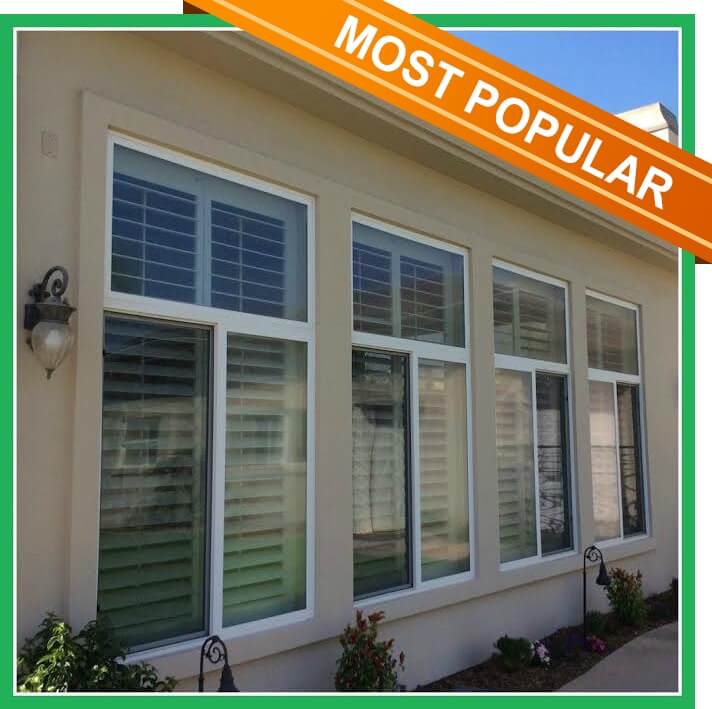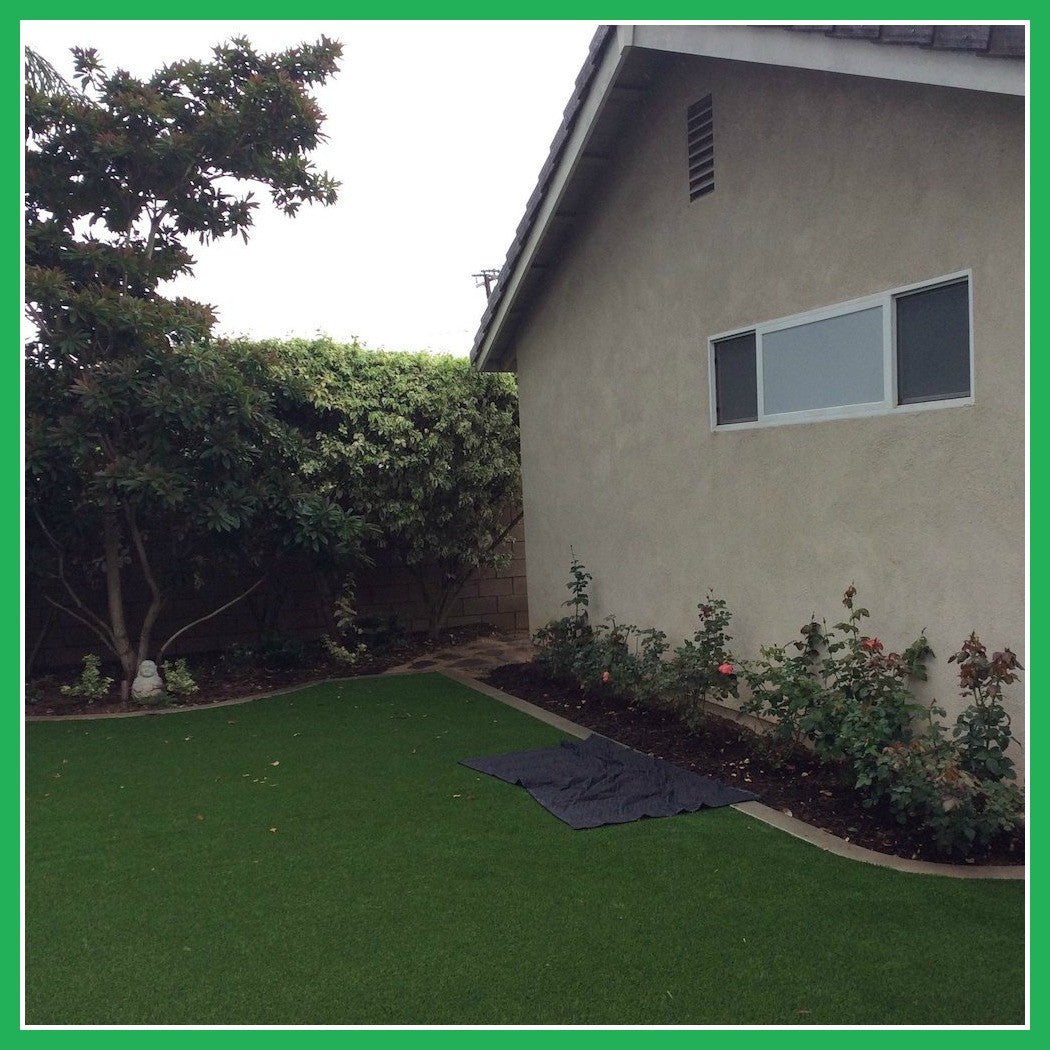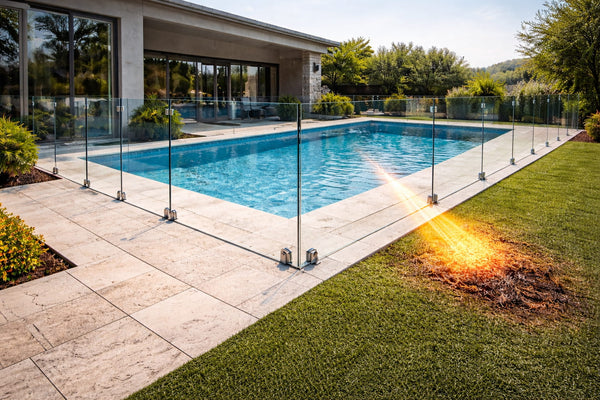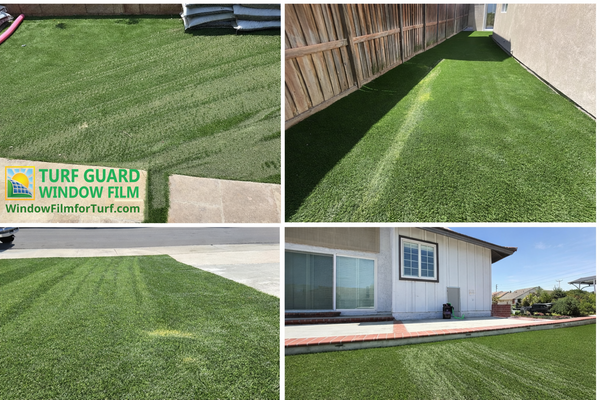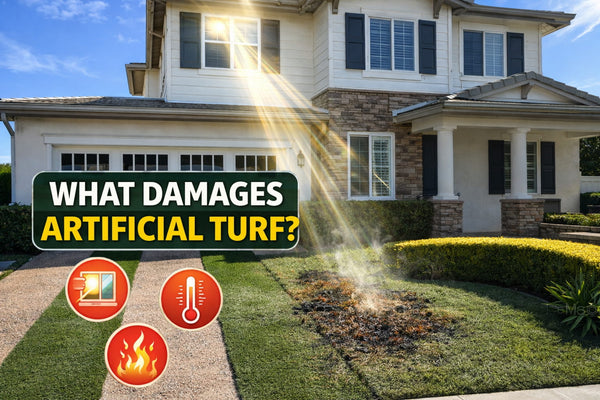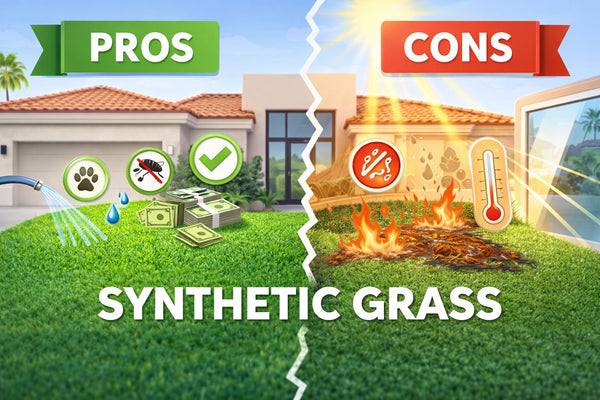Low E windows, or low emissivity windows, as they are technically called, are designed to allow minimal UV and IR light to pass through them. They reflect away much more light than standard glass windows and, as a result, they keep the interior of a home or business much cooler, which means lower energy costs and a greener property, and they prevent interior fading and discoloration by stopping UV damage. All good things, to be sure, but what these windows can do to the outside of a property isn't as good news: low e windows can melt vinyl siding by creating concentrated beams of hot light. And vinyl siding melted by window glare is a total loss; it must be replaced, and potentially at your expense even if the siding melted by window reflections was on a neighbor's house.
What to Do About Windows Warping Siding
If your low e windows are causing damage to nearby vinyl siding or if a neighbor's energy efficient windows are damaging or threatening to cause damage to your home's walls, then it's time to consider discussing Turf Guard Window Film. This unique window coating can prevent window glare melting vinyl walls by scattering reflected window glare in countless directions instead of letting it form a beam that could warp and melt vinyl siding.
Light Scattering Film to Stop Burning of Grass
Vinyl siding on walls is not the only material at risk of melting damage caused by window reflections off low windows. Artificial turf grass melted by window glare is a common and growing problem. As more people opt for eco-friendly artificial lawns and at the same time get energy efficient and environmentally friendly windows, there are always going to be issues with grass melted by window glare. Turf Guard Window Film can stop reflected window heat melting artificial grass, and can also protect plastic furniture, grills covers, toys, and more.

